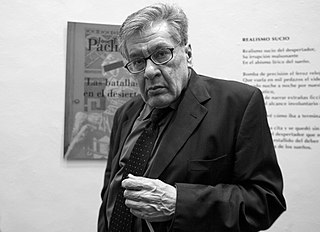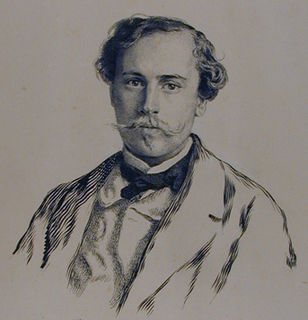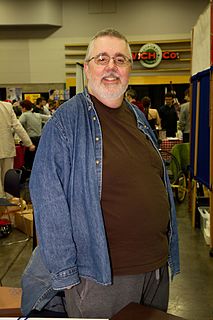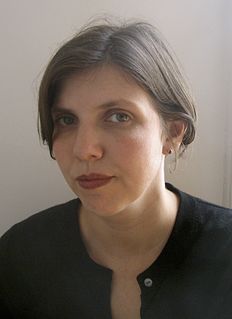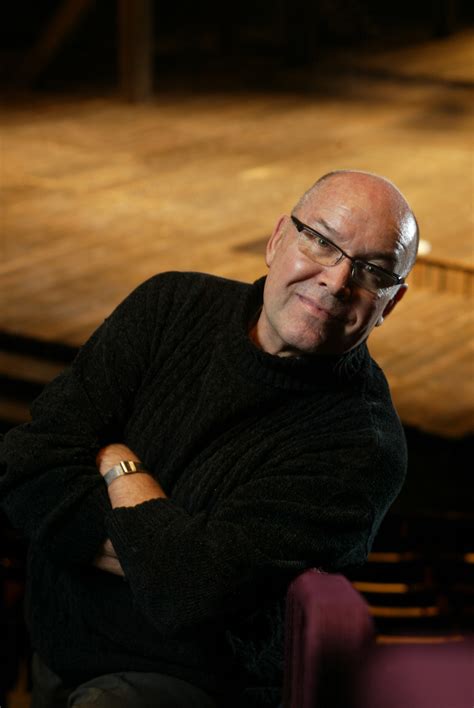A Quote by Edmond de Goncourt
History is a novel that has been lived, a novel is history that could have been.
Related Quotes
The field of the novel is very rich. If you're a composer, you're well aware of the history of composition, and you are trying to make your music part of that history. You're not ahistorical. In the same way, I think, if you write now, you are writing in the historical context of what the novel has been and what possibilities it has revealed.
No writer, I believe, should attempt a novel before he is thirty, and not then unless he has been hopelessly and helplessly involved in life. For the writer who goes out to find material for a novel, as a fishermen goes out to sea to fish, will certainly not write a good novel. Life has to be lived thoughtlessly, unconsciously, at full tilt and for no purpose except its own sake before it becomes, eventually, good material for a novel.
In 1965, when I was fourteen, I read my first adult novel; it was a historical novel about Katherine of Aragon, and I could not put it down. When I finished it, I had to find out the true facts behind the story and if people really carried on like that in those days. So I began to read proper history books, and found that they did!
Well, people have been wondering what's going to happen to the novel for two hundred years; its death has been announced many times. You know, I think the novel keeps redefining the world we live in. What you should look for in a novel is a window nobody else is looking out of, that nobody else can look through. What you look for is a voice. You pick up a novel by someone such as Faulkner or Hemingway and you just read three pages and you know who wrote it. And that's what one should demand of a novelist.

